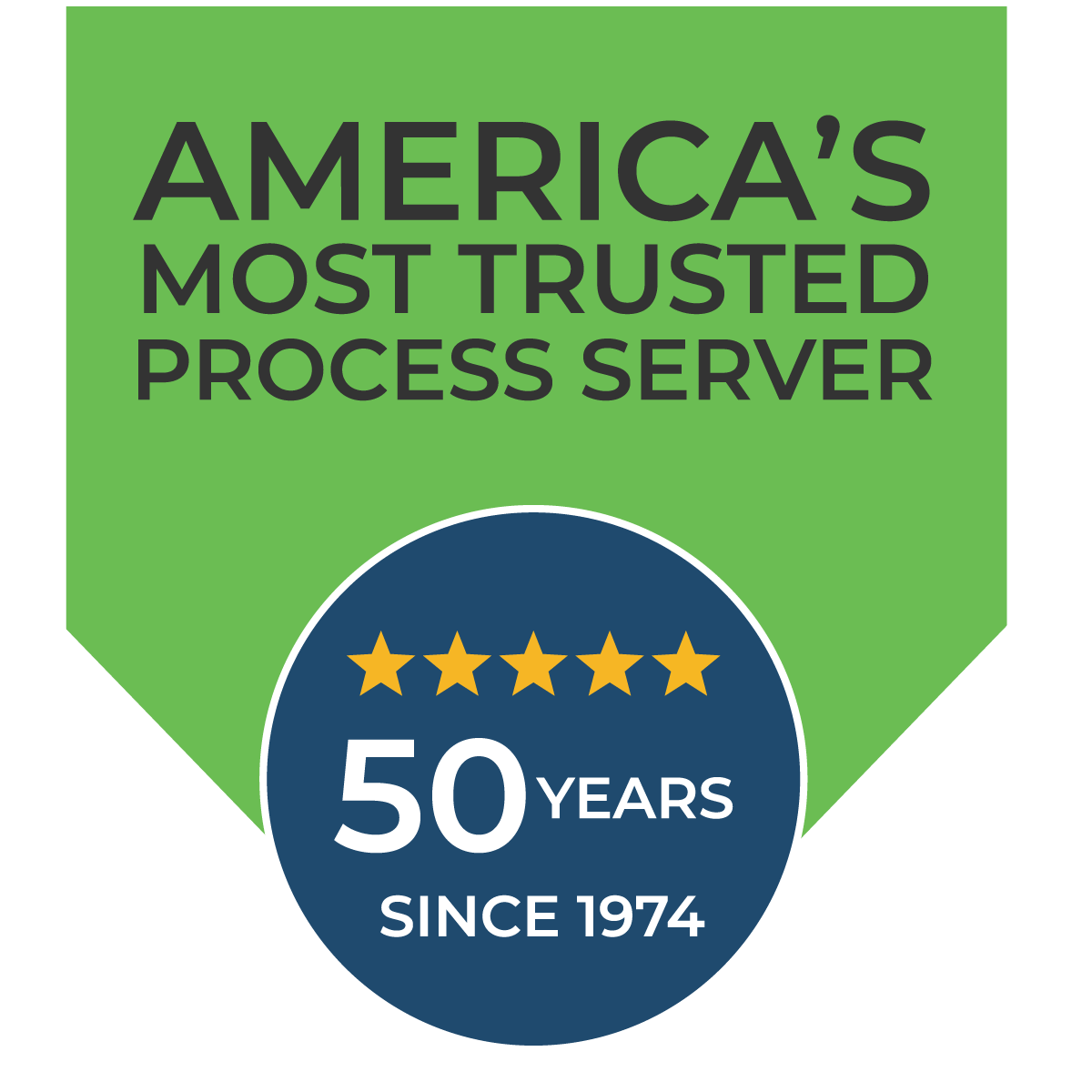Finding the right e-filing service provider (EFSP) involves finding a solution that fits legal and business needs. Meeting the nuances of legal requirements — operating in the right states and systems and being familiar with the same area of law — is important for any EFSP a firm considers and, certainly, gives contenders a leg up. However, finding the right business fit is worth exploring and can sometimes make up the difference if specializations don’t align. In part two of our series on how to select an EFSP, “Between the Lines” examines key considerations to ensure that business needs are being met by your e-filing provider.
Read the entire series about How to Choose an E-filing Service Provider:

Does the Provider Meet Your Business Needs?
This line of questioning is around business needs, such as the goals, culture and standards that make a partnership with a vendor worthwhile. The costs of doing business need to be weighed against the overall added value—the services and experience.
Any e-filer should be able to file documents so that they are accepted, conformed and returned to the law firm. What differentiates electronic filing providers is the support and access they provide to law firms. These factors are vital because they impact your day-to-day, as well as your firm’s ability to respond to clients or audits.
What are the Options for Support?
There are two types of support to consider when evaluating e-filing providers—customer support and service-level support. Both are vital to the day-to-day experience of the law firm. Customer support refers to the availability of support and resources. Service-level support refers to the underlying nature of the service offered by the provider.
What level of Customer Support is available?
It’s worthwhile to know if the service provider will provide assistance if something isn’t working correctly. Learn also about their average responsiveness, including the methods available to access help and the level of personal care provided at each access point. Support availability can make a huge difference if something goes awry during any step in the legal process.
Law firms may find themselves stuck and miss important deadlines if an EFSP cannot provide timely support. Check with providers to see if you’re able to reach real people to meet rush deadlines, or if the only support options are outdated documentation scattered around their website. Options for different levels of self-help as well as personalized care should be easily available and accessible.
Look for a combination of online reference materials and varied communication options, as well as the ability to place account- and case-level help requests.
Does the provider do everything your firm needs it to do? E-filing providers can be divided into two large categories: platform and concierge.
Platform-level filers create a platform through which a lawyer or attorney can easily submit a document to the court’s system. These systems work for law firms with low volumes of e-filings or those with more staff on-hand to handle e-filing.
Concierge-level filers take the documents and handle the rest, including file reformatting and organization, data augmentation, and more. They’re best for firms looking to file large quantities of documents or that don’t want to deal with tiny technicalities. Multi-service providers take that a step further and may offer options for both platform and concierge versions of their service or the ability to bundle different legal services together.
Evaluate what you expect to be doing and what you expect the provider to handle, and make sure those expectations align with the their offerings.
Bonus tip: Knowing when and how are vital to understanding customer support. Knowing where a service provider and your data is can be important if frequent in-person auditing of legal services and client data is required. Look for companies that offer consistent access to the data needed in an audit.
What Does Access Look Like?
E-filing providers act on a law firm’s behalf to provide legal services through technology. The solution and the company itself should be technologically-proficient. Look for companies that are using technology to the fullest. Services that use things like automation tools, API connections and online portals or dashboards are more likely to be invested in speed and data.
Most people understand and accept that technology speeds processes. However, considerations around data tend to be overlooked. Data is the currency of the digital age. E-filing providers who are invested in their clients aren’t going to be shy about data. Look for providers who are willing to provide status updates in real-time and give law firms complete access to information about their cases.
ABC Legal’s online dashboard is an excellent example of what true access and transparency in an e-filing provider can look like. In the online dashboard, real-time updates on case statuses are available 24/7. Case histories—complete with any support inquiries—are logged in the system and are easy to access to drill into details. Alerts let paralegals and lawyers know when additional input is needed on a case while customizable notifications go out to provide routine status information to anyone in an organization. Robust performance overviews provide high-level insight into account trends and statuses, while reporting allows data to be exported from the dashboard to be manipulated in other programs, like Microsoft Excel.
Bonus tip: Look for providers that not only give access to data but that work to consolidate it into easy-to-digest tables and reports. Full service providers should be invested in helping law firms to both see the big picture and read between the lines.
Another intriguing feature to consider for advanced access is the availability of an electronic data interchange or EDI connection. EDI connections link data systems, improving speed and accuracy in data or file transfers and by extension - lead to faster and more precise e-filing. While the setup is technical and may require some IT investment or expertise within a law firm, the end result provides for more direct file submissions, the return of more complex data and a more seamless exchange of information. In some cases, this integration can allow an e-filing provider to push additional data directly into a law firm’s case management software, furthering efficiencies by reducing manual oversight and input.
Testing the Water with Providers
If overall, a provider’s offering aligns with the legal and business needs of a legal firm, there are a few other considerations worth pondering. Finding out about things like options around full account support, billing (methods, payment restrictions and advances) and the security of client and firm information are also vital to selecting the right provider. Once all of the boxes are checked and an engagement begins, be sure to evaluate how interactions with the provider go. Check in to see if the experience is good for the team. If there are gaps, see if the provider is able or willing to make adjustments.
Remember that there is an e-filing provider out there that offers the right services and the service level for every legal firm. If unsatisfied with the current service, it may be wise to re-evaluate if a service provider is doing everything it can, or should be doing to be the best fit for your firm. Firms can generally switch between providers or file with more than one provider without repercussion. However, this is different in each state, be sure to check local regulations and practices for e-filing providers.
On the Texas e-filing portal, for example, the registration for a legal professional is able to be used with different providers without requiring an attorney to re-register with the portal.
Bonus tip: If deciding to take the leap and switch, be sure to collect firm/client data for record-keeping, or ensure that access to the data from the previous platform or channel is readily available in the future.
E-filing is a dynamic field undergoing constant change. Between these two posts, any legal professional should feel more confident in setting standards for engagements with e-filing providers and evaluating a provider’ s ability to meet those standards. See more on e-filing here or subscribe to the ABC Legal blog to get the latest tips and news around legal services, legal trends, litigation and legal technology straight to your inbox.
About ABC Legal
With more than 2,000 process servers across the U.S. and 75 countries, ABC Legal is the nation’s leading service of process and court filing provider, as well as the only Acting Central Authority to the U.S. Department of Justice. Our digital approach saves valuable time and resources, and our cloud-based solutions are compatible for use on desktop, browser, and smartphones. Docketly—an ABC Legal subsidiary—provides appearance counsel on a digital, custom-built platform that smoothly integrates with our applications and services. Learn more at www.abclegal.com.

Written by
Heather ThomasService made simple—down the road and across the country. Join the 50,000+ professionals who trust ABC Legal for service of process.
Recent Posts
Subscribe to email updates
Popular posts
Learn More

Between the Lines: E-filing 101

Between the Lines: Top 4 E-filing Mistakes, Part I

Between the Lines: Top 4 E-filing Mistakes, Part II

Between the Lines: 3 Key E-filing Provider Features to Optimize Collections Cases








